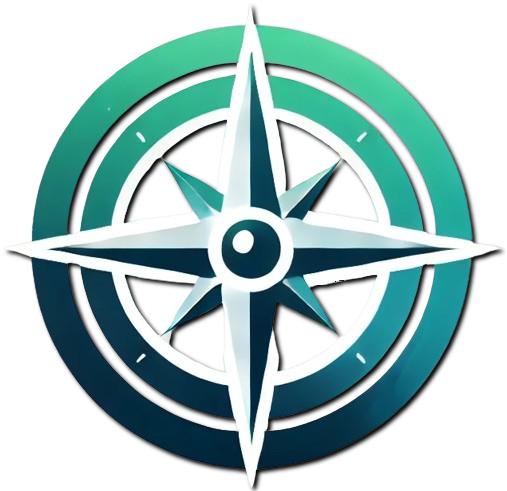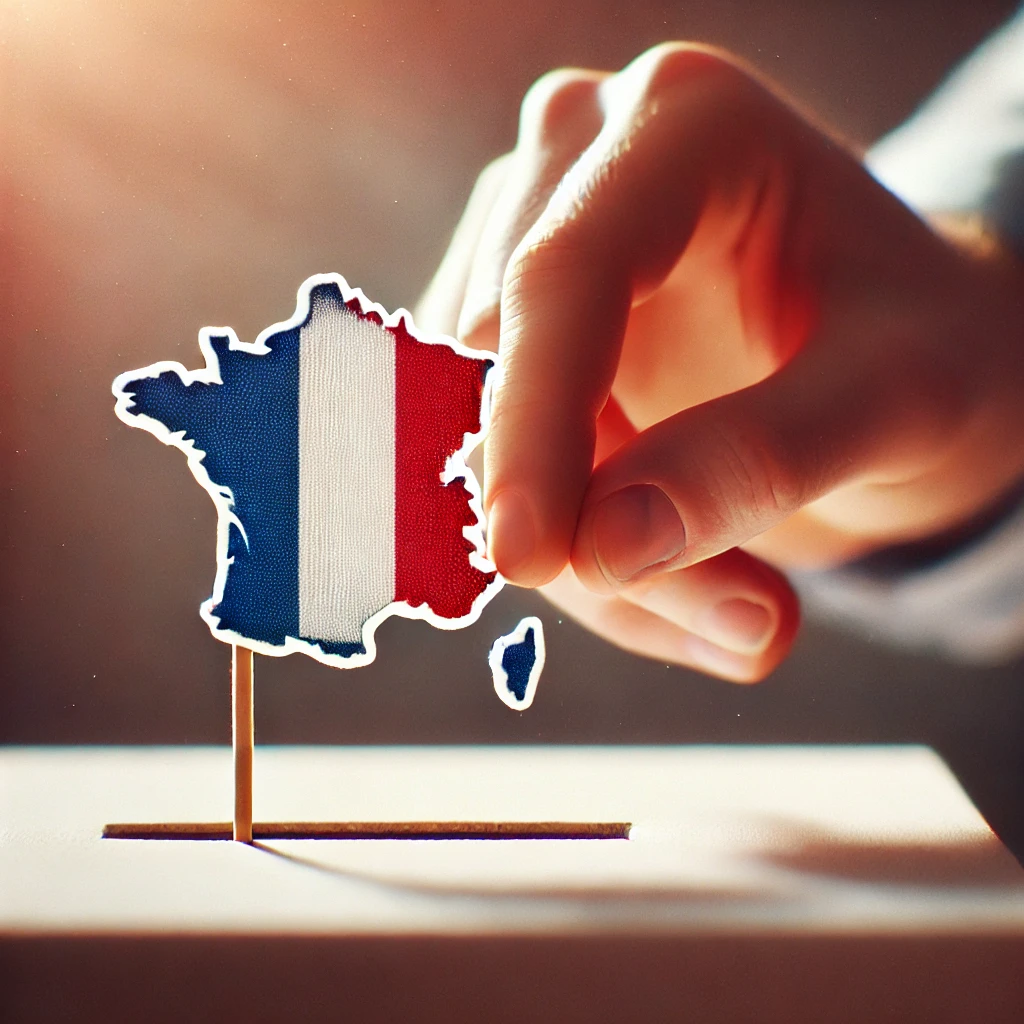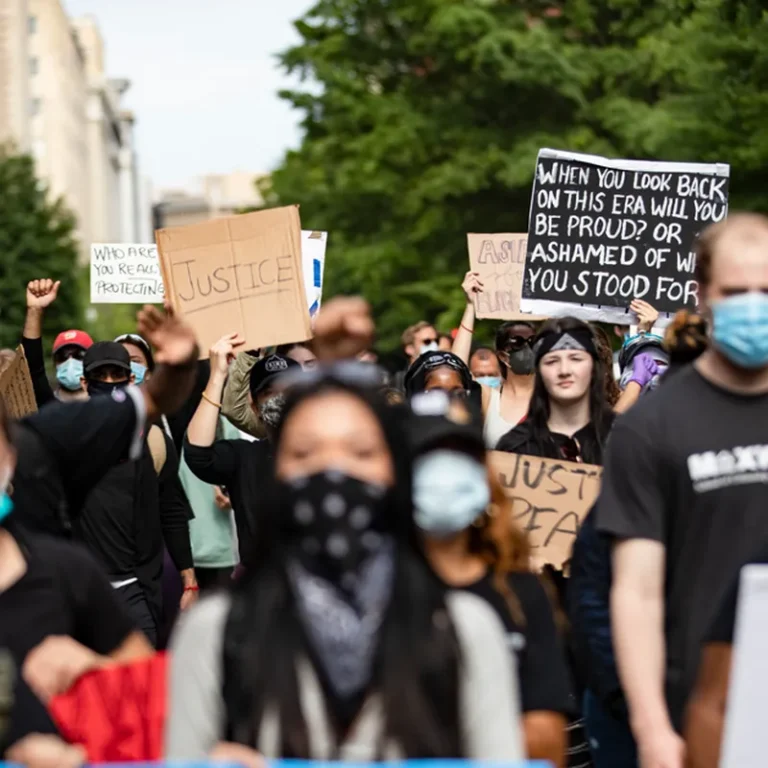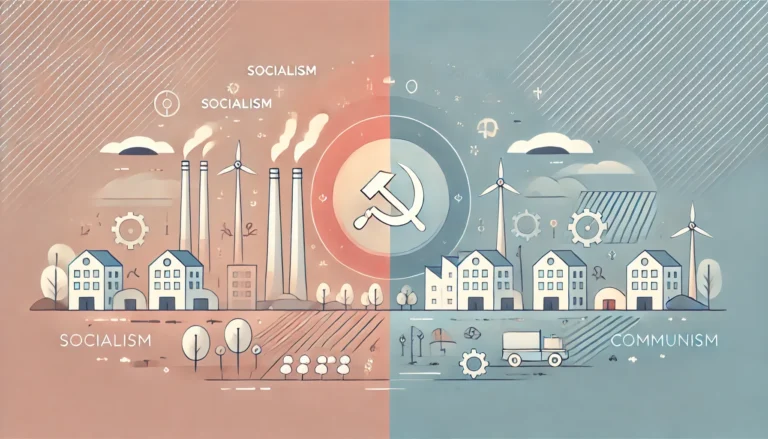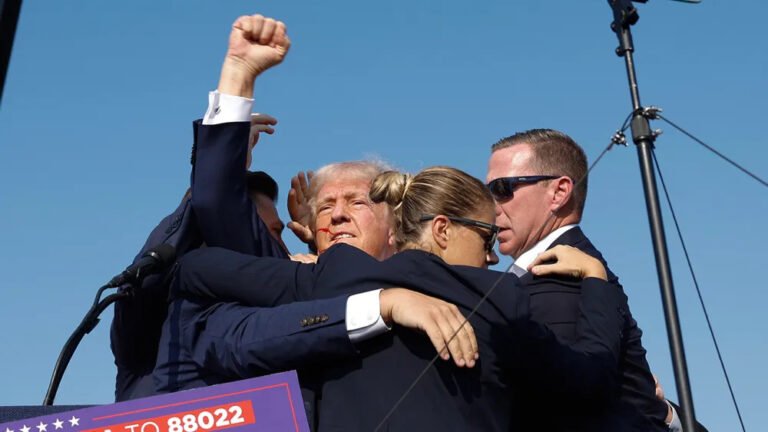The French Election: A Showdown Between the Left and Right
Ah, France! The land of croissants, haute couture, and of course, the perpetual political tug-of-war. The recent election has once again spotlighted the enduring rivalry between the Left and the Right, a rivalry as old as time—or at least as old as the French Revolution. So, grab your baguette and café au lait as we dive into the latest political spectacle that has left France—and the world—buzzing.
The Prelude: Setting the Stage on the French Election
As the election season dawned, France was a nation on edge. The political landscape was rife with tension, economic woes, and a populace craving change. On one side, we had the Left, championing social justice, economic equality, and environmental sustainability. On the other, the Right, advocating for traditional values, economic liberalism, and national security.
The stage was set for a classic showdown, with Emmanuel Macron seeking re-election amidst a chorus of challengers from both ends of the political spectrum. The election promised to be a barometer of public sentiment, a reflection of the nation’s soul.
The Contenders in the French Election: A Colorful Cast
In the left corner, we had the ever-charismatic Jean-Luc Mélenchon of La France Insoumise, a veteran politician known for his fiery rhetoric and passionate advocacy for the working class. Mélenchon promised a Green New Deal, higher taxes on the wealthy, and a reduction in working hours. His message resonated with the youth and urban dwellers disillusioned with the status quo.
Sharing the leftist limelight was Yannick Jadot of the Green Party, whose campaign centered on environmental issues and sustainable development. Jadot’s vision of a green future struck a chord with the environmentally conscious, though his influence paled in comparison to Mélenchon’s.
Meanwhile, in the right corner, Marine Le Pen of the National Rally continued to be a formidable force. With her strong stance on immigration and national sovereignty, Le Pen appealed to those concerned about security and the preservation of French identity. Her populist rhetoric and criticism of the European Union resonated with many rural voters.
Adding a twist to the plot was Éric Zemmour, a controversial figure whose hardline views on immigration and Islam sparked heated debates. Zemmour’s candidacy split the right-wing vote, adding an element of unpredictability to the race.
The Campaign at The French Election: A Rollercoaster Ride
The campaign trail was nothing short of a rollercoaster. Macron, despite his efforts to project a centrist image, found himself grappling with a populace discontent with his handling of the pandemic and economic policies. The “Yellow Vests” protests, though diminished, still lingered in the collective memory, serving as a stark reminder of the nation’s underlying frustrations.
Mélenchon, true to form, delivered impassioned speeches that ignited the Left. His promises of social reform and environmental action struck a chord with many, but his fiery demeanor also alienated some moderates.
Le Pen, with her polished image and rebranding efforts, sought to distance herself from the extremist label. However, her anti-immigration stance remained a focal point, galvanizing her base while drawing criticism from the Left.
Zemmour, meanwhile, thrived on controversy. His polarizing views made headlines, sparking debates and keeping him in the public eye. Love him or loathe him, Zemmour’s presence added a layer of intrigue to the election.
Election Day: The Moment of Truth
As the French flocked to the polls, the atmosphere was electric. Would Macron secure a second term? Could Mélenchon pull off an upset? Should Le Pen’s strategy pay off? Or would Zemmour’s radical views resonate with enough voters to propel him into power?
The results, as they trickled in, painted a picture of a deeply divided nation. Macron emerged victorious, but not without significant challenges. His re-election was a testament to his ability to appeal to a broad spectrum of voters, yet the narrow margin of victory underscored the nation’s polarization.
Mélenchon, despite falling short of the presidency, celebrated a strong showing that solidified his position as a key player on the Left. His performance was a clear signal that a significant portion of the populace yearned for progressive change.
Le Pen’s defeat, while disappointing for her supporters, did not diminish her influence. Her ability to garner substantial votes reaffirmed her standing as a major force in French politics.
Zemmour, despite not winning, succeeded in shifting the political discourse. His candidacy brought immigration and national identity to the forefront, ensuring these issues would remain central in future debates.
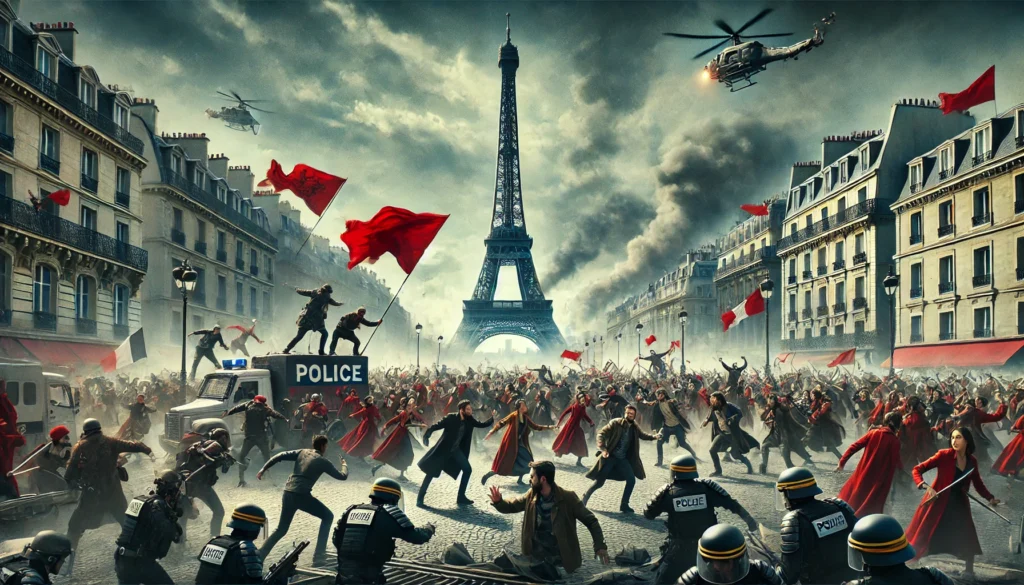
The Aftermath: A Nation Reflects
The election results left France at a crossroads. Macron’s victory offered a sense of continuity, but the narrow win highlighted the need for bridging divides. The Left, energized by Mélenchon’s strong performance, vowed to keep pushing for social and environmental reforms. The Right, though fragmented, remained a potent force, with Le Pen and Zemmour continuing to shape the narrative on immigration and national identity.
In the grand tradition of French politics, the battle between the Left and Right rages on. Each side, armed with its ideals and vision for the future, continues to vie for the hearts and minds of the French people.
A Humorous Glimpse of Reality
As the dust settles, one can’t help but chuckle at the predictability of it all. The Left and Right, like two frenemies at a Parisian café, bicker endlessly over their differences while sharing a mutual disdain for moderation. It’s a tale as old as democracy itself—ideals clash, egos flare, and in the end, the people decide.
Yet, amidst the political theater, there lies a glimpse of reality. The election underscored the complexities of governance in a diverse and dynamic society. It reminded us that democracy, with all its messiness, remains the best tool we have for shaping our collective destiny.
So, as we sip our wine and savor our croissants, let’s appreciate the vibrant tapestry of French politics. After all, in the land of liberté, égalité, fraternité, the debate between Left and Right is not just a political necessity—it’s a cherished tradition.
Vive la France!
Bibliographical References
- Anderson, P. (2022). The Battle for France: Macron’s Second Term and the Future of French Politics. Oxford University Press.
- Bell, D. S. (2021). The Left in France: From Revolution to Social Democracy. Polity Press.
- Berstein, S., & Milza, P. (2020). Histoire de la France au XXe siècle. Hatier.
- Chevallier, J. (2023). Les enjeux environnementaux dans les élections françaises. Presses de Sciences Po.
- Cole, A. (2022). Jean-Luc Mélenchon and the French Left: A Study of Political Mobilization. Manchester University Press.
- Evans, J., & Ivaldi, G. (2021). The French National Front: The Extremist Challenge to Democracy. Routledge.
- Gourevitch, P. (2023). France in the Age of Macron: Continuity and Change. Cambridge University Press.
- Jenkins, B. (2023). The Rise of Éric Zemmour: Immigration and Identity in French Politics. Palgrave Macmillan.
- Johnson, D. (2022). Marine Le Pen and the National Rally: A Study of Right-Wing Populism in France. Hurst Publishers.
- Kesselman, M. (2022). The Politics of Globalization and Anti-Globalization in France. Oxford University Press.
- Knapp, A., & Wright, V. (2023). The Government and Politics of France. Routledge.
- Lewis-Beck, M. S. (2022). French Presidential Elections: From the Fourth to the Fifth Republic. Palgrave Macmillan.
- Marzouki, N. (2023). Islam and Politics in France: Secularism, Security, and the Public Sphere. Cornell University Press.
- Shields, J. (2022). The Extreme Right in France: From Pétain to Le Pen. Routledge.
- Stockemer, D. (2021). Populism in Europe: A Case Study of France. Springer.
